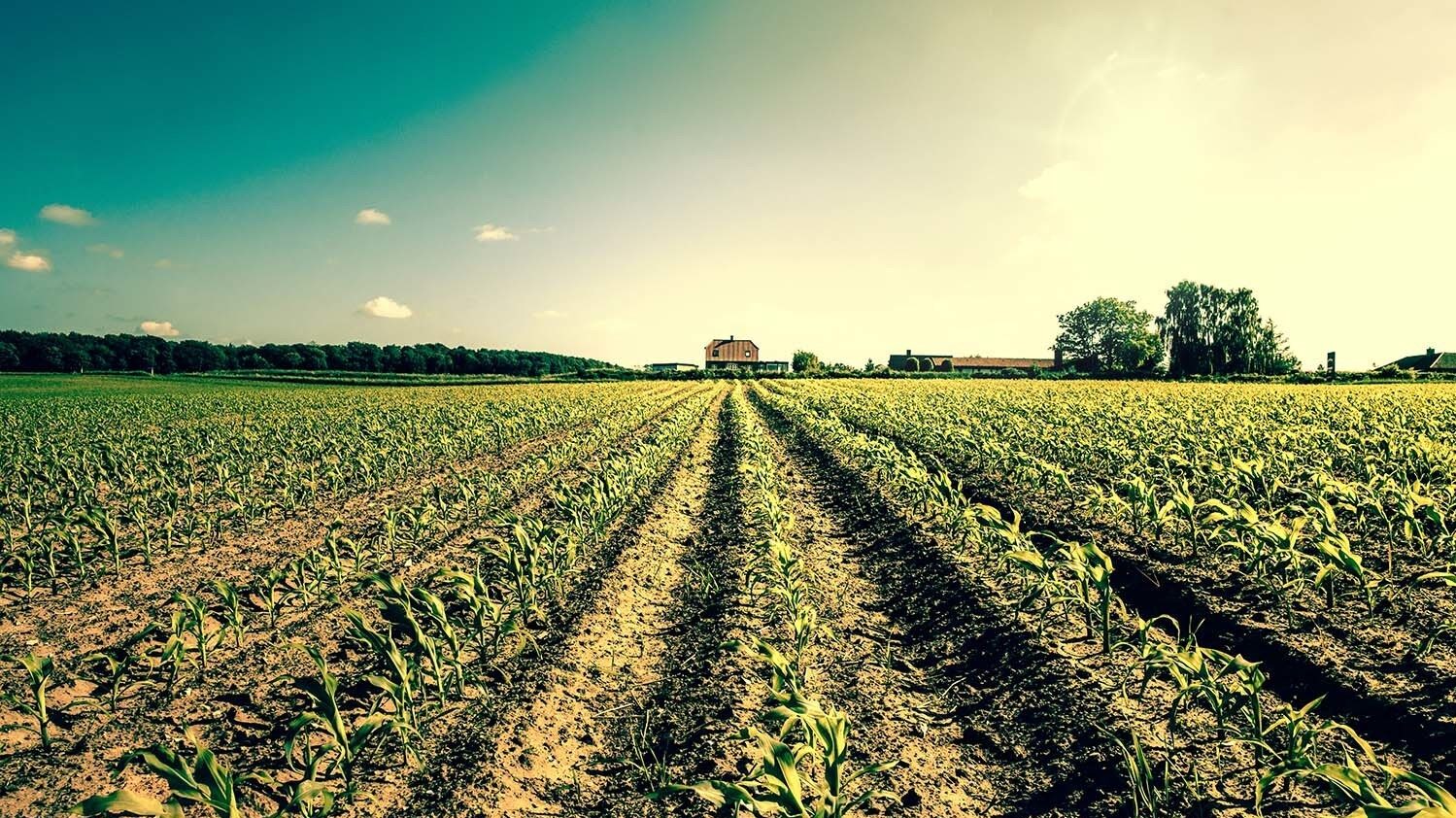Agribusiness in the Digital Age
Modern technology like the internet, smartphones, and a slew of other technological innovations have not just shaped the ways that we interact with each other but also the ways that we interact with the Earth itself. Agribusiness has entered the 21st century with a vengeance, utilising a vast array of digital technologies and internet capabilities to truly revolutionise the ways in which farmers grow, harvest, and maintain their crops and property.
The internet has been a major factor in the development of modern farming technologies and in some rather creative ways. It is the leading factor in why choosing a digital agency for agribusiness is becoming increasingly important. Some of the modern innovations offered by technology for agribusiness can include such things as placing sensors in the field which are linked to various farming applications, or smartphones, allowing the internet to function as a relay system and let farmers be able to check the flow of water, the spraying of pesticides or fertilizers, and even study highly detailed topography as well as the more mundane things such as temperature, humidity, and acidity in soil.
The ability to access all this information remotely allows farmers to be able to make better decisions about the ways in which they utilise their water and fertilizer, as well as manage their properties. Having these sensors and other things like them placed around a farm is like having a team of experts constantly checking the environment to tell you the needs of your crops. But it is not simply for corn or other plants alone, as these kinds of technologies can even be utilized to track herds, and even create statistical analysis for livestock, optimal breeding, and feeding rotations.
Even major farm equipment producers like John Deere are linking things like columbines and other farm equipment to the internet so farmers can manage and understand crop yields as crops are being harvested. This automated digital landscape makes it easy to produce models and statistical analyses to enhance further crop yields, understand what went right and what went wrong, and to improve various sections of land. This is not the only innovation, however, as many companies are working on producing self-driving tractors similar to self-driving cars that would be able to be run autonomously, harvesting fields all on their own without the need of an operator.
But what does all this truly offer? The answer is precision farming saves money. Here is how – precision farming allows you to be able to save on water costs and direct water to areas of the field which actually need it as opposed to simply the entire field. It can also save electricity by only running electric fences in areas where cattle are instead of electrifying the entire grid simultaneously.
It allows for directed farming so you can concentrate your efforts on new areas of your property or farm that are most in need of attention instead of a spray and pray style of farming which is inefficient and which can lead to loss of money. Precision farming saves money in water costs, electrical costs, fertiliser costs, equipment costs, and even in human costs as well. With precision farming you can hire fewer people because you have more automation allowing for the work to be done at a faster pace and all this information is immediately sent directly to your smartphone or home computer for you to look over and chart the day’s progress.
Don’t get left in the Stone Age when the 21st century promises not only higher yields but also higher profits as well.

